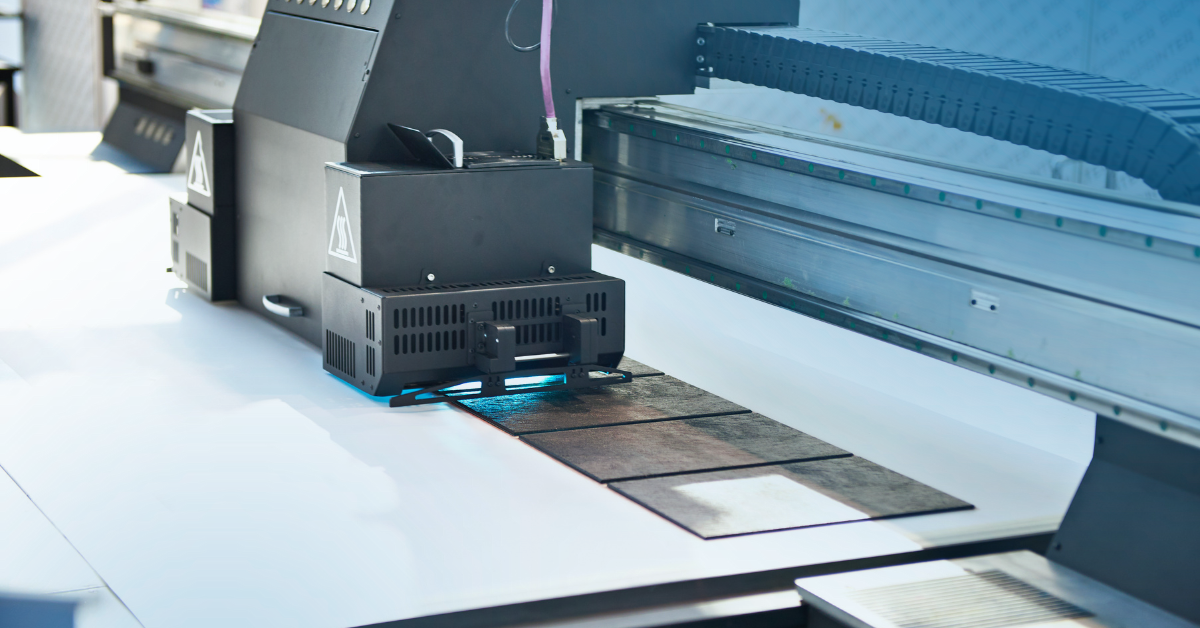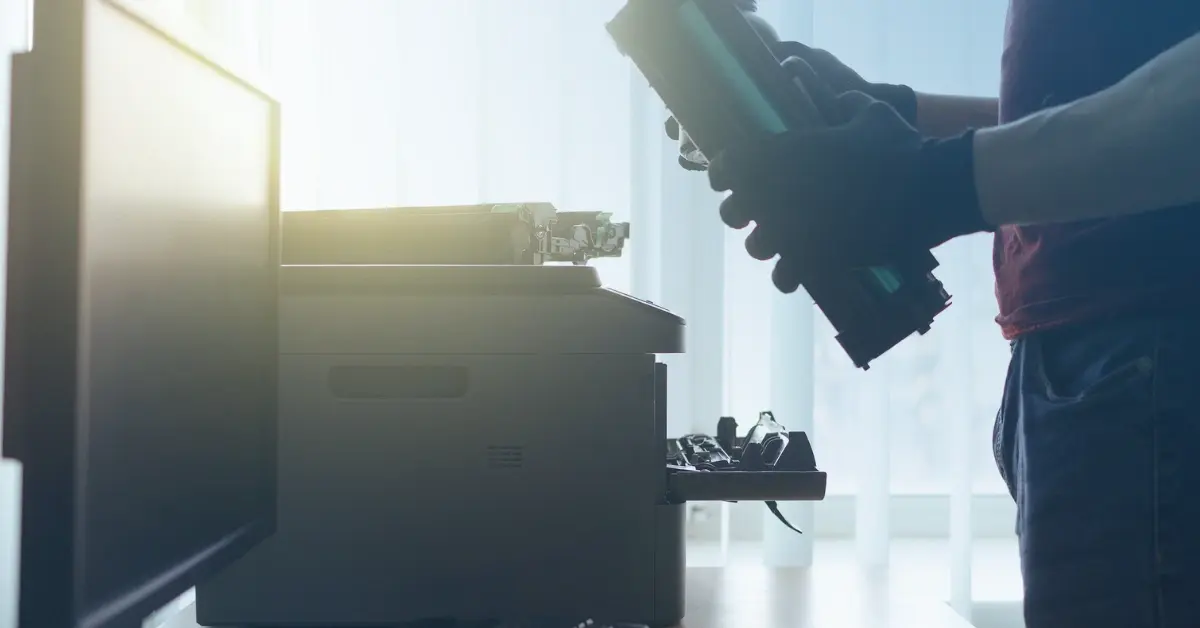Printing On A Package: The Role of Industrial Inks

Have you ever looked at a pizza box, or a label on a glass bottle or cap, and thought "Gee, how do did they get that printed on there?"
The answer is through industrial printing. The word industrial may make you think of a giant warehouse factory where they the print onto packages, but there's more that goes into it than you may even be aware. Every detail must be carefully thought out, down to the ink being used to print.
What Are Industrial Inks?
Unlike water based ink, industrial inks can be printed on diverse applications and substrates. Industrial inks are specialized inks designed for large-scale printing applications. These inks are formulated to meet the unique demands of industries such as packaging, product labeling, and manufacturing. Unlike regular inks, industrial inks are optimized for durability, adhesion, and precision, ensuring they can withstand harsh conditions, remain vibrant, and deliver accurate results on a wide range of materials.
The Role of Industrial Inks in Packaging

One of the most common uses for industrial inks is in packaging. Packaging, like cardboard boxes or glass & plastic bottles serve not only as a protective container but also as a marketing tool for brands, a place for warning labels, etc. As such, the quality of the print on packaging materials—whether it be any of the examples described earlier, needs to meet high standards. Industrial inks for packaging are specially formulated to bond with these surfaces and remain legible and intact during transportation, handling, and storage.
TROY’s Inkjet Solutions offer a range of high-quality industrial inks for diverse packaging needs. These inks are designed to ensure excellent print resolution, fade resistance, and smudge-proof properties, making them ideal for both flexible and rigid packaging.
Advantages of Industrial Inks
Durability: Industrial inks are engineered to resist fading, smudging, and damage from environmental factors such as sunlight, moisture, and temperature fluctuations. This makes them ideal for long-lasting prints in industries that rely on extended product life cycles.
Versatility: Industrial inks can be used on a variety of substrates including paper, plastic, metal, and glass. This adaptability allows them to be utilized across different sectors, from food packaging to electronics.
Precision: These inks provide high-resolution prints, ensuring that barcodes, serial numbers, and brand logos are always crisp and clear, which is essential for maintaining brand integrity and product traceability.
Customization: Industrial inks can be customized for specific needs, including color matching and opacity. This is particularly useful for companies that need their packaging to stand out on crowded retail shelves.
Inks for Packaging: A Critical Component
The quality of inks used in packaging plays a pivotal role in ensuring that products are easily identifiable, attractive, and compliant with regulatory standards. With industrial inks, companies can ensure that their packaging is not only functional but also eye-catching and reliable.
TROY Group’s extensive range of industrial ink solutions ensures that businesses across industries can achieve high-quality, long-lasting prints that meet their specific requirements. Whether you need inks for flexible packaging or rigid containers, TROY has a solution designed to deliver exceptional results.
By understanding the importance of industrial inks and choosing the right inkjet solutions, companies can improve both the aesthetic and functional aspects of their packaging, ultimately enhancing their brand's value and customer experience.
Related Posts

What is UV Printing? UV Curable Inks for Packaging
Ultraviolet, or UV printing is an advanced digital technology that cures specially designed inks using UV light. This process creates sleek, vibrant designs that dry instantly,..

Here's How to Beat Upcoming Postage Rate Increases
In 2024, a notable increase in postage costs became a reality. With postage increases expected to occur multiple times a year, it's important to be prepared for what's coming.

What is MICR Toner? A Guide for Check Printing
What is MICR? MICR stands for Magentic Ink Character Recognition, and it plays a critical role in check printing. If you're printing checks for your business, you should always be..



Leave a Reply